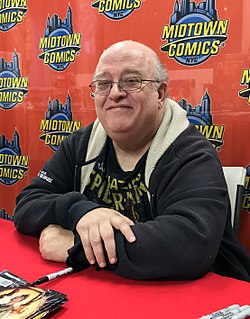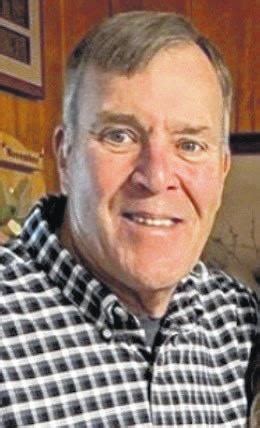A Quote by Peter David
At conventions, one of the standard questions I get is, 'Are you writing any new novels?' To which I used to respond, in my smart-[alec] fashion, 'No, I've decided to write only old novels.'
Related Quotes
All my novels are rooted in their time and in their place. The place of my novels is Israel, almost without exception. Almost without exception, my novels are rooted in Israel because that's the place I know well. And, that's my gutsy advice to any young writer: write only about what you know well. Don't write about that which you don't know.
Now you mustn't think that I don't have any ideas for novels in my head. I've got ideas for ten novels in my head. But with every idea I have, I already foresee the wrong novels I would write, because I also have critical ideas in my head; I've got a full theory of the perfect novel, and that's what stumps me.
My only passions were books and music. As you might guess, I led a lonely life… Not that I knew what I wanted in life - I didn’t. I loved reading novels to distraction, but didn’t write well enough to be a novelist; being an editor or a critic was out, too, since my tastes ran to the extremes. Novels should be for pure personal enjoyment, I decided, not part of your work or study. That’s why I didn’t study literature
have a much harder time writing stories than novels. I need the expansiveness of a novel and the propulsive energy it provides. When I think about scene - and when I teach scene writing - I'm thinking about questions. What questions are raised by a scene? What questions are answered? What questions persist from scene to scene to scene?




































